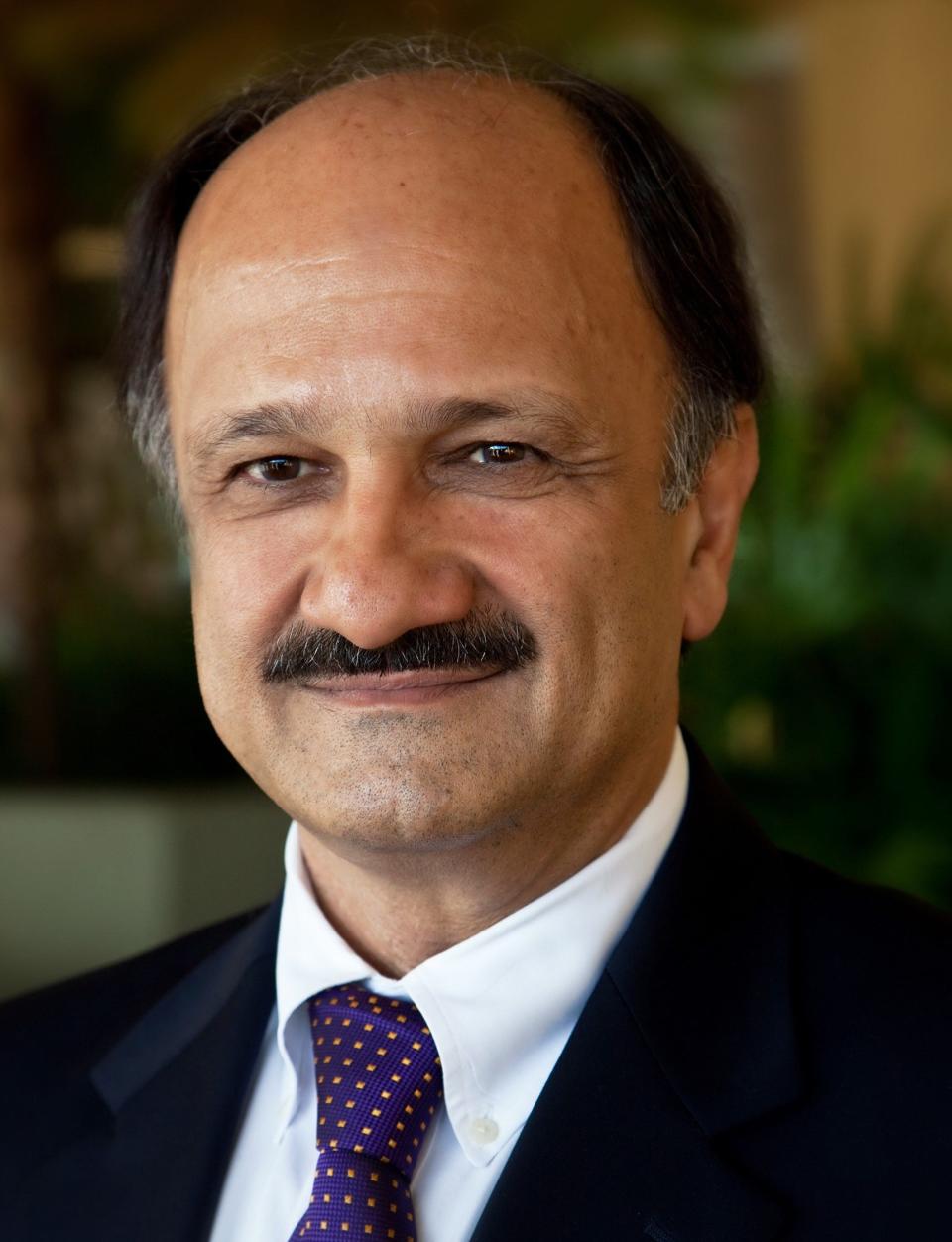Guest column: A sharp rise in interest rate will not remedy our problems
2021 was a relatively good year. Reports from the U.S. Bureau of Economic Analysis indicate that real gross domestic product increased 5.7%. The inflation rate climbed from 1.4% in January to 7% in December, and the average annual rate reached 4.7%.
2022 has been a different year. Supply chain problems continue to cause production disturbances in major export centers. The chaos at ports, warehouses and retailers continued. The shortage of drivers and other skilled workers added to it. These are the realities of an interdependent global economy at a time of global crisis. To mitigate these problems requires seeing the well-being of people throughout the world as interdependent.
The Russia-Ukraine war brought a new set of challenges. Within a very short period, the emerging political environment brought uncertainty in international markets for energy, food and some essential products. Prices rose based on future markets, not existing supplies. The U.S. increased its use of strategic oil by one million barrels a day, which far exceeds its imports from Russia, but the price kept going up. The future markets are linked to the foreign policies of the United States and its allies and the possible outcome of the war more than anything else.
We have a 5% increase in wages set against an 8.6 % rate of inflation. The U.S. cost of living accelerated in May as Americans paid more for a broad range of goods and services. Higher consumer prices boosted the rate of annual inflation to its highest level in more than four decades. In the 12-month consumer price index that ended in May, energy prices increased by 34.1%, food prices by 10.1% and gas by 48.7% within an inflation rate of 8.6%. The core inflation rate, which does not include food and energy prices, was 6%.
The reason for current inflation is that supply chain problems are causing continuous disturbances in production. Increased energy costs are a direct byproduct of the ongoing war, the inability of the world to resolve its problems peacefully and oil companies taking advantage of the war to make windfall profits.
A distinct feature of this recovery has been that a large number of jobs have been left vacant as more became available, and this caused a sharp decline in the labor-force participation rate. By June 2022, the unemployment rate was 3.6%, but there were 11 million available jobs. There are nearly twice as many unemployed people as there are unfilled jobs. A March 2022 Pew Research Center survey found that while low pay was the primary reason people left their jobs last year, a lack of opportunity for advancement closely followed. Some 35% of respondents said that feeling disrespected at work was a major reason they left.
Without any evidence, some people claim that government assistance discourages workers from participating in the labor market. They also believe that government support toward the basic necessities of life for the majority of Americans is inflationary. The same group also believe that the rise in wages is the reason for higher inflation. They have convinced many that inflation is always a monetary phenomenon and reducing money supply is the only solution.
The Federal Reserve hiked the interest rate more than expected to curb spending. This increase is a painkiller with many negative side effects for a patient who is suffering because decision-makers are detached from 21st century realities.
A global society needs functioning global governance. The worsening of global warming will bring more interruptions. We need to invest in diplomacy, which can solve problems far more cost-effectively. Wars can best be prevented by better understanding of the contemporary history of people, not proliferation of more sophisticated weapons. We need to abandon old macroeconomic policies. We should develop a pertinent framework for looking into our current political economy.
The United States’ economic and social problems can be better solved by making sure that billionaires and giant companies pay their fair share of taxes. We need Congress to reconsider the original “Build Back Better” bill, which would strengthen our badly ignored physical infrastructure and attend to our human and social infrastructure.

Jamshid Damooei is the executive director of the Center for Economics of Social Issues at California Lutheran University.
This article originally appeared on Ventura County Star: A sharp rise in interest rate will not remedy our problems

